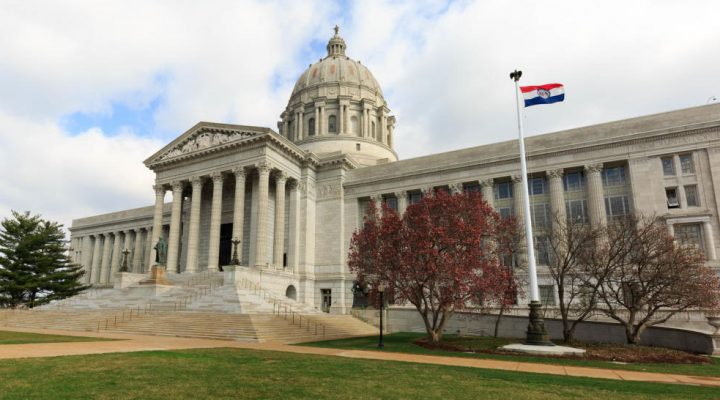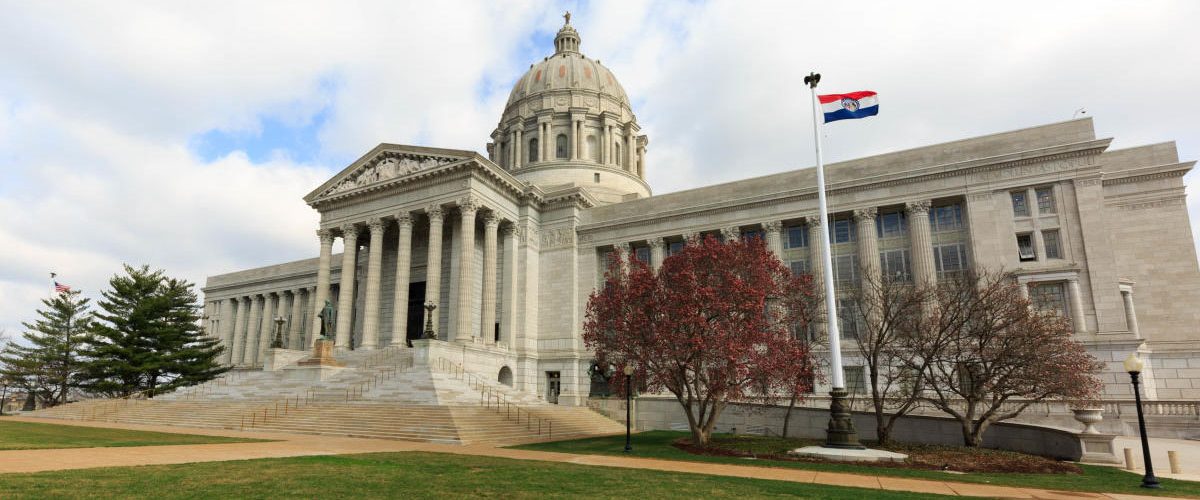For the second year in a row, a bill proposed by Missouri House Rep. Brian Seitz (R) aiming to reform the statute of limitations for victims of childhood sexual abuse has been unanimously approved by a committee in the House of Representatives.
HB 1617, presented last year as HB 367, proposes a 10 year increase in the statute of limitations for victims of child sexual abuse, giving survivors until age 41 to bring civil action against any perpetrator, as well as against anyone who engaged in tortious acts leading to the abuse. The current statute of limitations is age 31.

Rep. Brian Seitz
Last year’s bill, HB 367, sought to increase the age limitation to 55, but died in the gridlocked Missouri Senate when the session ended before it could pass through.
The bill is an effort to make Missouri legislation on child sexual abuse response and litigation more reflective of the timeline survivors need to process, come to terms with and come forward about what happened.
During his presentation on HB 1617 earlier this month, Seitz cited a study published in March 2020 by CHILD USA highlighting the delayed disclosure of abuse among adult survivors. Researchers found the average age of reporting is 52, a delay that spans decades.
The study also notes disclosure rates of child sexual abuse among adults can be as low as 58%. In contrast, only 6% of survivors were able to disclose their experiences to a legal authority before the end of adolescence.
Children often lack the proper knowledge to understand or talk about abuse.
Among many barriers child victims may face in disclosing their abuse, researchers explained children often lack the proper knowledge to understand or talk about abuse, and many either “don’t have an adult they can disclose their abuse to,” or fear they won’t be believed if they say something and instead choose not to.
Other research has shown the frequency of abuse is higher in religious, especially Christian, contexts. In a congregation of 200, statistically speaking, there are at least 41 survivors of child sexual abuse. Christian institutions, such as churches, also are targeted by sexual predators looking for victims due to the known tendency of religious leaders to fail to report abuse, emphasizing instead theological notions of forgiveness and repentance, which often work to silence victims.
And silencing victims, Seitz and other advocates claim, is what the current statute of limitations is doing.
Supporters of the bill question Missouri lawmakers, asking how survivors are expected to reasonably have the time to disclose their experiences of child sexual abuse if the law stops them two decades before most survivors are ready to speak out. Survivors and their families also have shared emotional testimonies explaining that, due to the quick statute of limitations, many victims who were not ready to face their abusers in court have been forced into long and traumatizing legal battles before they have psychologically processed what happened.
Elizabeth Phillips is the sister of Trey Carlock, who was a victim of abuse at Kanakuk Kamps in Branson, Mo., and is a consistent advocate for legislative reform.
When the bill was presented, Phillips told how her brother died by suicide after the long-lasting psychological effects of the abuse he endured at Kanakuk were exacerbated by the statute of limitations in Missouri, which forced him to take on his legal battle before he was in a safe enough mental state to do so.
Trey’s story, unfortunately, is not unique. Phillips told the Springfield News-Leader a total of 16 people who experienced abuse at Kanakuk have died by suicide.
Related articles:
Missouri bill to increase statute of limitations for child sexual abuse victims dies in Senate
Child sex abuse survivors from Kanakuk, other organizations unite for statute of limitations reform
Pedophilia at Kanakuk: Power, lies and evangelical values that cover up abuse


